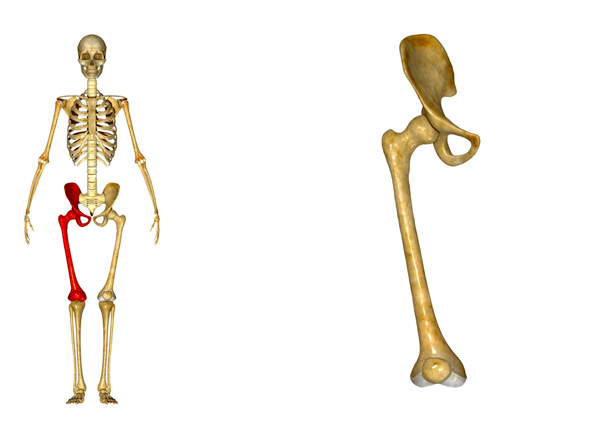<p style="text-align: justify;">Many patients require hip replacement surgery but everybody may not be the right candidate for the same. It is major decision to be taken first by the patient which needs to be discussed with near &; dear ones and finally by the surgeon depending upon many factors. If the patient is having a lot of pain in the joint and a very uncomfortable life because of this pain and stiffness in the joint bones then the patient may decide to go for hip joint replacement surgery. The doctor would decide about the same only after concluding that the non-invasive methods like medication, weight loss and exercise etc. have failed to help the patient. Also the patient would need to undergo certain lab tests, x-rays and other imaging procedures to check about the suitability of the patient to go under the knife.<!--more--></p>
<ul>
<li><strong>Reasons for Undergoing Hip Replacement</strong></li>
</ul>
<p style="text-align: justify;">The doctor may advise the patient to go for a hip replacement surgery in case the patient is suffering from osteoarthritis, rheumatoid arthritis, sciatica, osteoporosis or injury to the hip joint resulting in pain &; stiffness in the joint which is not being controlled by the other conservative methods of treatment.</p>
<ul>
<li><strong>Decision of the Doctor</strong></li>
</ul>
<p style="text-align: justify;">Active and healthy people normally get very good results after the surgery but the surgeon may not go the hip replacement surgery if the patient is suffering from Parkinson’s disease, having muscle atrophy, having overall poor health or carrying a high risk of infection.</p>
<ul>
<li><strong>The Kind of Implant to be Used</strong></li>
</ul>
<p style="text-align: justify;">The surgeons and the manufactures have over a period of time almost zeroed down the kind of implants that are the best as on date. The only difference is the kind of material which is used in different combinations as suitable for different patients. There can be metal on metal, ceramic on ceramic, ceramic on poly or metal on poly combinations. The patient should discuss with the doctor the kind of the implant best suited for him.</p>
<ul>
<li><strong>The Surgery Day</strong></li>
</ul>
<p style="text-align: justify;">The patient normally is anxious and has many questions in mind. How long would the operation take place? Would he feel the pain during or after the surgery etc.? The surgery is done either under general anesthesia where the patient is almost unconscious or under localized anesthesia where the part being operated upon. In both the cases the patient doesn’t feel any kind of pain during the operative procedure. Once the effect of anesthesia is over, the patient is put on painkillers and antibiotics for healing the wound.</p>
<ul>
<li><strong>Recovery Period</strong></li>
</ul>
<p style="text-align: justify;">The patient may need to stay in the hospital for 3-7 days after the surgery. A majority of the people who undergo hip replacement are able to attend to their daily activities independently within 6 weeks of the surgery.</p>
<ul>
<li><strong>Restrictions After Hip Surgery</strong></li>
</ul>
<p style="text-align: justify;">Normally there are very few restrictions after this surgery, once the patient has fully recovered within 6-12 weeks. But the surgeon may advise against any such activities which may have heavy and repetitive impact on the implant like playing basketball or long distance running.</p>

6 Steps In Hip Replacement Surgery
